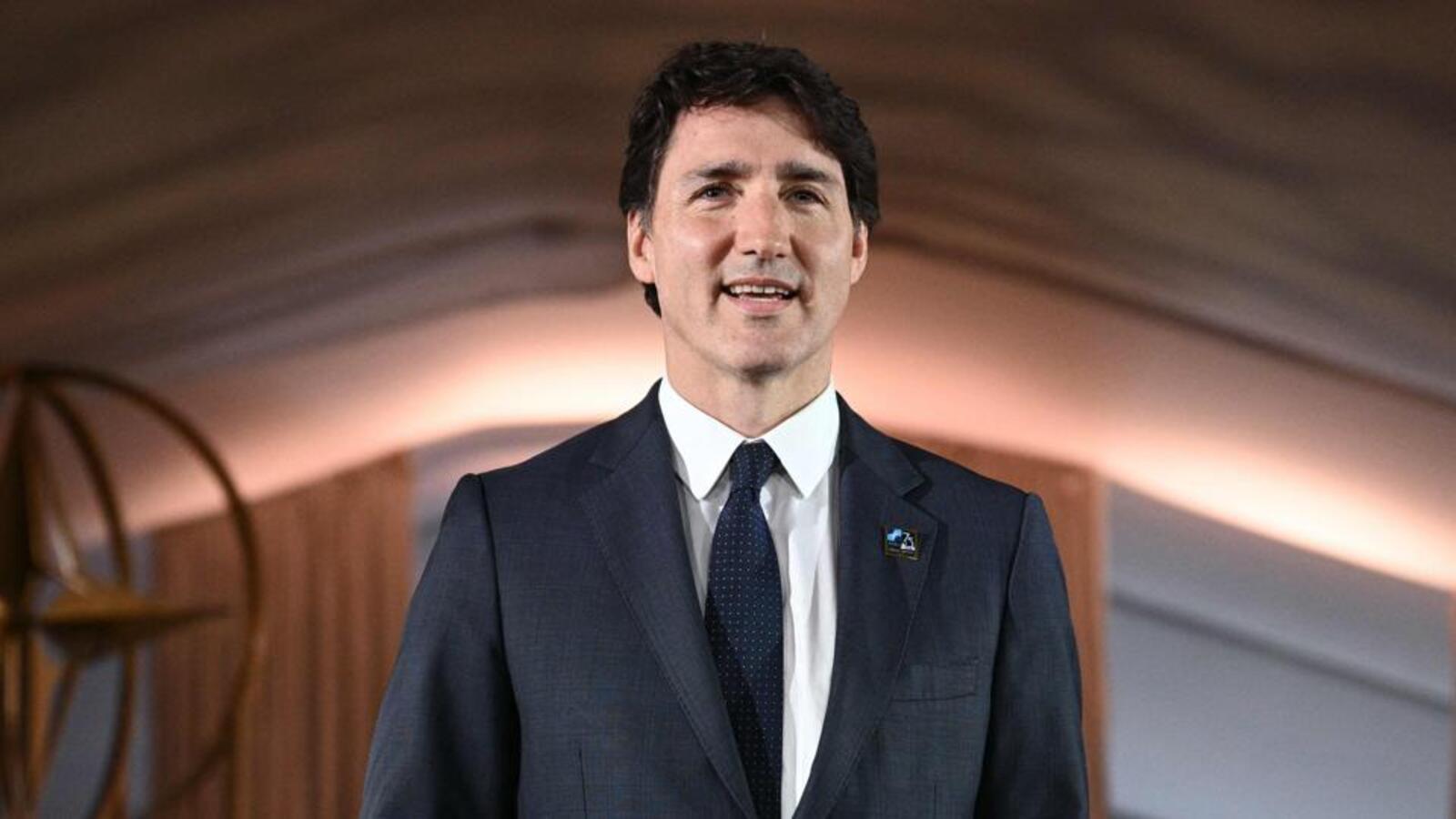World
Rising anti-immigration sentiment in Canada targets Indian and Sikh communities

Toronto: As sentiment in Canada against high levels of immigration continues to rise, shades of xenophobia targeting the largest cohort of newcomers, those from India and particularly Sikhs, have become evident.
According to a recent poll from the agency Leger for Association of Canadian Studies, 60 per cent of the respondents felt there were “too many’ immigrants, an increase of 10 per cent since February. The number was at 35 per cent in March 2019, when 49 per cent felt the right number of immigrants were coming into the country. That latter figure has dropped to 28 per cent now.
This level to opposition to immigration is at its highest “in this century” as per the Association.
Indians are the largest cohort of the immigrants, whether they are permanent residents or are on temporary visas like study permits. And among them the most visible are the Sikhs, because they are distinct in appearance.
That has led to as racist physical attacks last months in the province of Ontario alone, with an incident that occurred in the town of Peterborough being classified as a “hate crime’ by local police. According to a release from Peterborough Police, early on July 25, four young men spat at a person and knocked his turban off.
Online attacks have also multiplied including allegations of open defecation, which have illustrated with signs showing a turbaned person squatting on a beach.
But at its heart is a cost-of-living crisis including shelter affordability which the Government of Prime Minister Justin Trudeau has been unable to address adequately. As Shinder Purewal, professor of political science at Kwantlen Polytechnic University in British Columbia said, “Interestingly, the reason for anti-immigration sentiment has changed in Canada. They used to say that third world people are flooding Canada to take away our jobs. Now immigrants, especially international students, are bringing billions and the complaint is that their money has driven up prices.”
The virulent nature of the response has also concerned Dr Satwinder Kaur Bains, as she said that at this juncture in time “we are seeing racism in the form of deliberate and egregious dis/misinformation (read fake) about fellow Canadians. While Sikhs and other visible immigrant communities are part of the larger tropes that are constant in Canada – that immigration (read racialized immigration) is bad for Canada, there is a lack of response by Canadians to the xenophobia that is prevalent in our communities.” Bains is the director of the South Asian Studies Institute in British Columbia.
Political commentators like Spencer Fernando have described this as “misdirected anger,” as he noted recently that “some have gone beyond criticizing the consequences of unsustainable immigration and are now seemingly focused on demonizing Indo-Canadians – often in explicitly racist terms.”
“As always, all of us need to ensure that the backlash to failed government policy doesn’t result in Canada losing our soul or losing our sense of basic decency,” he added.
The change from being a country welcoming of immigrants to one wary of them has worried those like Purewal, who faced racism almost every day after his family moved to Vancouver in 1979. Such open racism against Indian origin immigrants has not existed in Canada in recent times, but he feared it may be emerging again.









